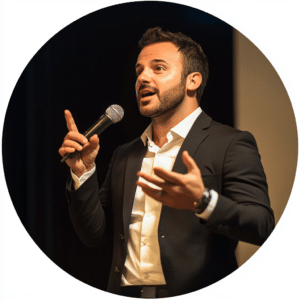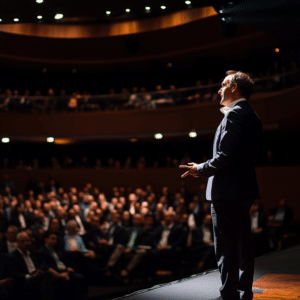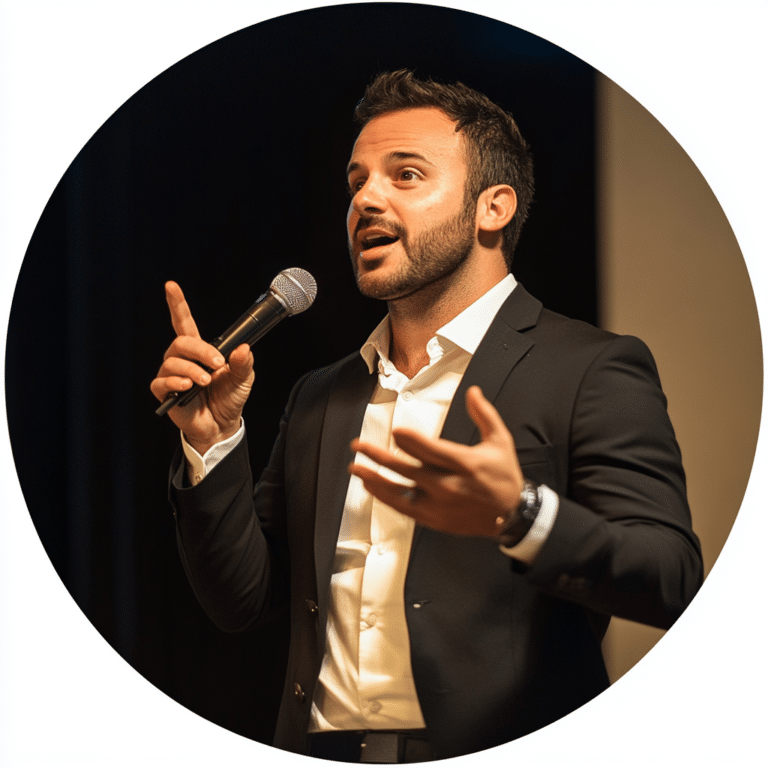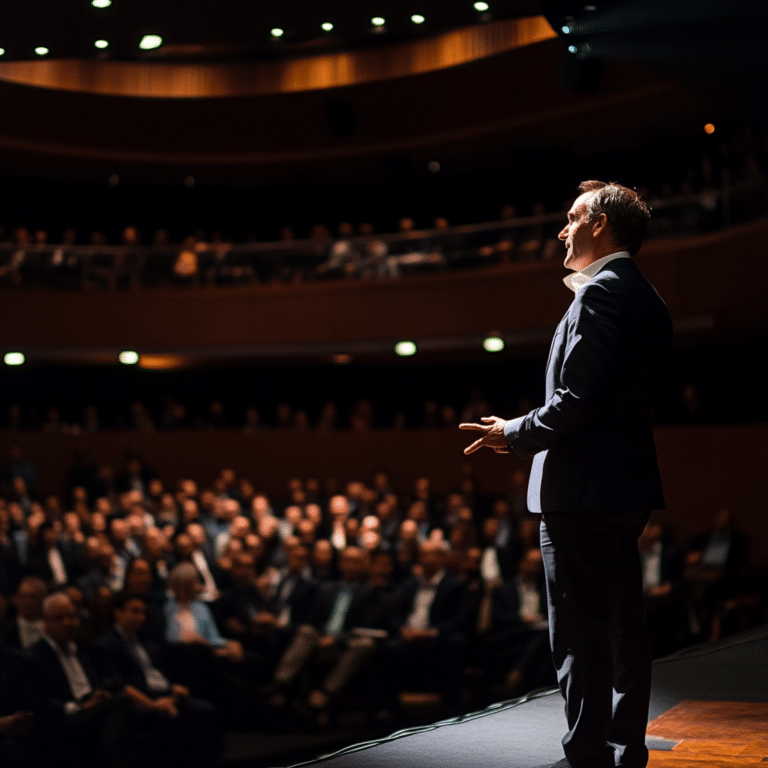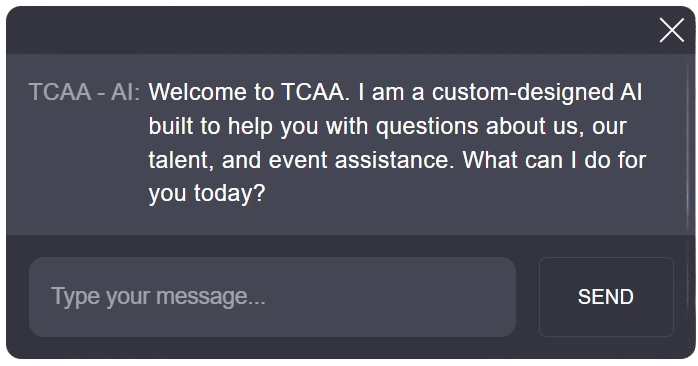In recent years, emotional intelligence (EI) has become a game changer in effective leadership. Emotional intelligence speakers are stepping into the spotlight, acting as catalysts for transformation within organizations. They guide leaders through the art of effective communication, empathy, and self-awareness, reshaping how leadership is perceived and practiced. By weaving powerful techniques and strategies into their presentations, these speakers are not only making waves; they’re redefining the very fabric of leadership in today’s work environment.
As organizations traverse the twists and turns of a modern workplace, the demand for leaders armed with emotional intelligence has skyrocketed. Emotional intelligence speakers provide the tools to navigate challenges, build deeper connections, and cultivate environments where everyone thrives. So, get ready to discover the top five emotional intelligence speakers who are paving the way in 2024!
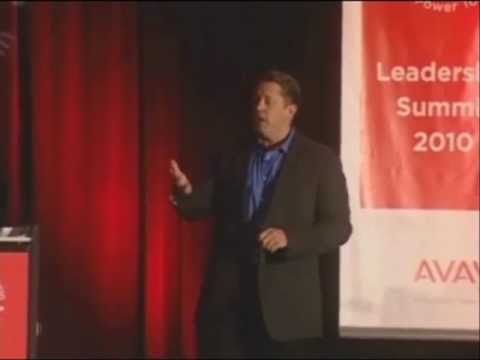
Top 5 Emotional Intelligence Speakers Redefining Leadership in 2024
As we embrace the evolution of leadership, let’s take a closer look at five standout emotional intelligence speakers who are setting the bar high:
The father of emotional intelligence, Goleman continues to inspire leaders across the globe. His work—especially the groundbreaking book “Emotional Intelligence 2.0″—offers vital insights on harnessing EI to create healthier workplace cultures. Goleman’s talks often delve into actionable strategies, allowing leaders to immediately connect with their teams on a more meaningful level.
Renowned for her research on vulnerability and courage, Brené Brown emphasizes how emotional intelligence is crucial for authentic leadership. Her celebrated TED talks and bestselling books like “Dare to Lead” highlight the importance of fostering trust and empathy among team members. Through her work, Brown empowers leaders to embrace vulnerability while enhancing collaboration and communication.
As the co-author of “Emotional Intelligence 2.0,” Bradberry specializes in practical EI strategies. His presentations are dynamic and engaging, utilizing assessments to empower leaders with insights into their emotional strengths. Attendees walk away equipped with real-world examples and interactive activities that resonate strongly within corporate settings.
Best known for the phrase “Start With Why,” Sinek intertwines emotional intelligence into his leadership approach. He sheds light on the human side of organizations and illustrates how leaders with high EI can spark loyalty and innovation among their followers. Sinek’s engaging talks encourage heartfelt connections between leaders and their teams, leading to greater engagement and performance.
Author of “Multipliers,” Wiseman concentrates on how leaders can amplify the intelligence and capabilities of their teams using emotional awareness. Her session content closely examines the subtleties of leadership and emotional intelligence’s impact on team performance. Wiseman’s insights encourage leaders to unlock their teams’ hidden potential, making workplaces more collaborative and effective.

The Science Behind Emotional Intelligence in Leadership
Grasping the tangible benefits of emotional intelligence in the workplace is crucial for organizations eager to boost their growth effectively. Research has continually showcased that leaders with elevated emotional intelligence manage stress better, adapt to new situations, and cultivate positive team dynamics. A study published in the Journal of Organizational Behavior revealed that emotionally intelligent leaders drive teams that outperform their competition by nearly 30% regarding productivity and job satisfaction.
These emotional intelligence speakers go beyond just raising awareness; they share practical tools and techniques perfectly crafted for leaders. From mindfulness training to active listening and conflict resolution strategies, each lesson is aimed at turning leaders into well-rounded individuals who grasp their teams’ emotional landscapes deeply.
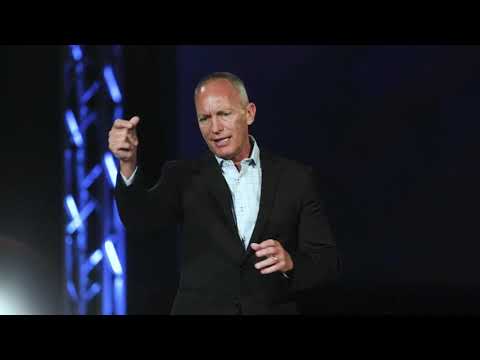
Implementing Lessons from Emotional Intelligence Speakers
Leaders enthusiastic about putting the lessons learned from emotional intelligence speakers into action can take several specific steps:

The Future of Leadership Through Emotional Intelligence
The influence of emotional intelligence speakers on reshaping leadership is undeniable. By focusing on various EI dimensions, they encourage leaders to adapt alongside their teams rather than merely dictating from a position of authority. This shift promotes heightened employee engagement, lowers turnover rates, and fosters an overall thriving workplace culture.
As we step into a broader acceptance of emotional intelligence in leadership, organizations prioritizing these insights rise as trailblazers in their fields. Integrating perspectives from emotional intelligence speakers—not only transforms leadership practices but also cultivates a robust, agile workforce that thrives in 2024 and beyond.
With the changing tides of leadership requiring both tactical skills and emotional depth, it’s clear that the future—for leaders and their teams—looks brighter than ever. Whether it’s the resilience in leadership or digital engagement strategy, the path forward intertwines emotional awareness with strategic vision.
By embracing everything that emotional intelligence speakers offer, organizations set themselves up not just for a more empathetic approach but for a truly thriving future.
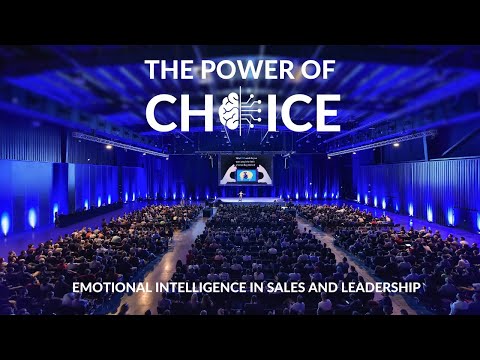
Emotional Intelligence Speakers: Transforming Leadership Skills
The Power of Emotion
Did you know that emotional intelligence can significantly impact a leader’s effectiveness? In fact, a whopping 90% of top performers possess high emotional intelligence! Emotional intelligence speakers play a crucial role in helping leaders tap into their emotions, fostering stronger connections with their teams. For instance, Susana González uses her platform to highlight how emotional awareness can drive trust and collaboration in the workplace.
But here’s a fun twist: just as high-stakes matchups like Tyson Fury vs. Usyk captivate audiences with their tactics and emotional intensity, the skills that emotional intelligence speakers impart can also make a significant difference in the boardroom. The excitement isn’t only confined to the ring; it shapes the future of leadership. By learning to harness emotions, leaders can create a more engaged workforce driven by passion rather than just tasks.
Unique Insights and Adaptations
When emotional intelligence speakers share their knowledge, they provide insights that are relevant for today’s changing environment. It’s a bit like adapting to new trends, just like the innovative designs emerging in the housing market, such as a 3 bedroom tiny home. These tiny havens are all about efficiency, much like how leaders can maximize their potential by honing their emotional intelligence skills. By recognizing and adapting to emotional cues, leaders can foster a more vibrant workplace.
Additionally, understanding emotional intelligence isn’t all about the individual. It’s interconnected with team dynamics and group success, similar to how understanding Shahzada Dawood’s net worth highlights his impact on various industries. Emotional intelligence speakers bring these elements into focus, helping leaders captivate their teams with compelling storytelling and empathy—skills crucial for any successful brand activation. Like the efforts of Brand activation Speakers, they resonate with audience needs, ensuring that leadership transforms into a powerful, people-centered approach.
In conclusion, emotional intelligence speakers are vital in shaping effective leaders. By embracing the invaluable lessons they share, organizations can unlock greater engagement, collaboration, and overall success. So, why not delve into this engaging topic and see how it can elevate your leadership journey?

Who is the expert in emotional intelligence?
Daniel Goleman is widely recognized as the expert in emotional intelligence. He’s not only a psychologist but also the author of the influential book “Emotional Intelligence,” which has shaped how we understand and develop this important skill.
What are the 5 keys of emotional intelligence?
The five key components of emotional intelligence are empathy, effective communication or social skills, self-awareness, self-regulation, and motivation. These elements work together to help individuals understand themselves and connect with others.
What are the top 5 of emotional intelligence?
The top five aspects of emotional intelligence include empathy, self-awareness, social skills, self-regulation, and motivation. Mastering these can lead to better relationships and improved leadership abilities.
Who is an example of an emotionally intelligent leader?
Oprah Winfrey is a prime example of an emotionally intelligent leader. She’s built strong connections with her audience and team through her ability to understand and respond to their needs.
Who is the godfather of emotional intelligence?
Daniel Goleman is often referred to as the godfather of emotional intelligence due to his pioneering work in the field and his best-selling book that brought this concept to mainstream attention.
Who are the two biggest psychologists who study emotional intelligence?
Daniel Goleman and John D. Mayer are considered the two biggest psychologists who study emotional intelligence. Their research has greatly influenced how we view and understand EQ today.
What are the 3 C’s of emotional intelligence?
The three C’s of emotional intelligence are communication, collaboration, and compassion. These are essential for building strong relationships and effective teamwork.
What are the 4 pillars of emotional intelligence?
The four pillars of emotional intelligence are self-awareness, self-regulation, social awareness, and relationship management. Focusing on these areas can enhance one’s emotional and social skills.
What are the 3 R’s of emotional intelligence?
The three R’s of emotional intelligence stand for recognition, regulation, and response. Mastering these can help individuals better navigate their emotions and reactions to various situations.
How to improve your EQ?
To improve your EQ, try practicing mindfulness, actively listening to others, seeking feedback, and reflecting on your emotional responses. Applying these strategies regularly can lead to noticeable growth in your emotional intelligence.
What is the secret to emotional intelligence?
The secret to emotional intelligence lies in applying your knowledge to real-life situations. It’s about being aware of your emotions and those of others, and using that understanding to enhance your interactions.
How to deal with someone with low EQ?
Dealing with someone with low EQ can be challenging, but it helps to approach them with patience and empathy. Encourage open communication and try to provide constructive feedback to help them improve their emotional skills.
What famous person has emotional intelligence?
Barack Obama is a famous person known for his emotional intelligence. His ability to connect with people and navigate complex social situations is often highlighted as a key part of his leadership style.
What does low EQ look like?
Low EQ might look like difficulty in recognizing one’s own feelings or the feelings of others, trouble managing emotions, or struggling to communicate effectively in social situations.
Who has a high EQ in history?
Historical figures like Mahatma Gandhi are often noted for having a high EQ. Gandhi’s deep understanding of human emotions and his ability to inspire others through compassion and communication showcase this quality.
Who are the founders of emotional intelligence?
Although emotional intelligence as a formal concept was popularized by Daniel Goleman, the founders can also include psychologists Peter Salovey and John D. Mayer, who initially developed the theory.
Who is the father of emotional intelligence?
Daniel Goleman is considered the father of emotional intelligence, particularly for his work in bringing the concept into public discourse and outlining its significance in personal and professional effectiveness.
Who is the leading researcher on emotional intelligence?
Goleman is also recognized as the leading researcher on emotional intelligence. His research has laid the groundwork for much of what we understand about how emotional intelligence affects our lives and leadership.
Who is responsible for emotional intelligence?
Emotional intelligence responsibility can take many forms, as it involves individual awareness and actions as well as education and training initiatives in organizations. Everyone plays a role in developing and fostering emotional intelligence.



